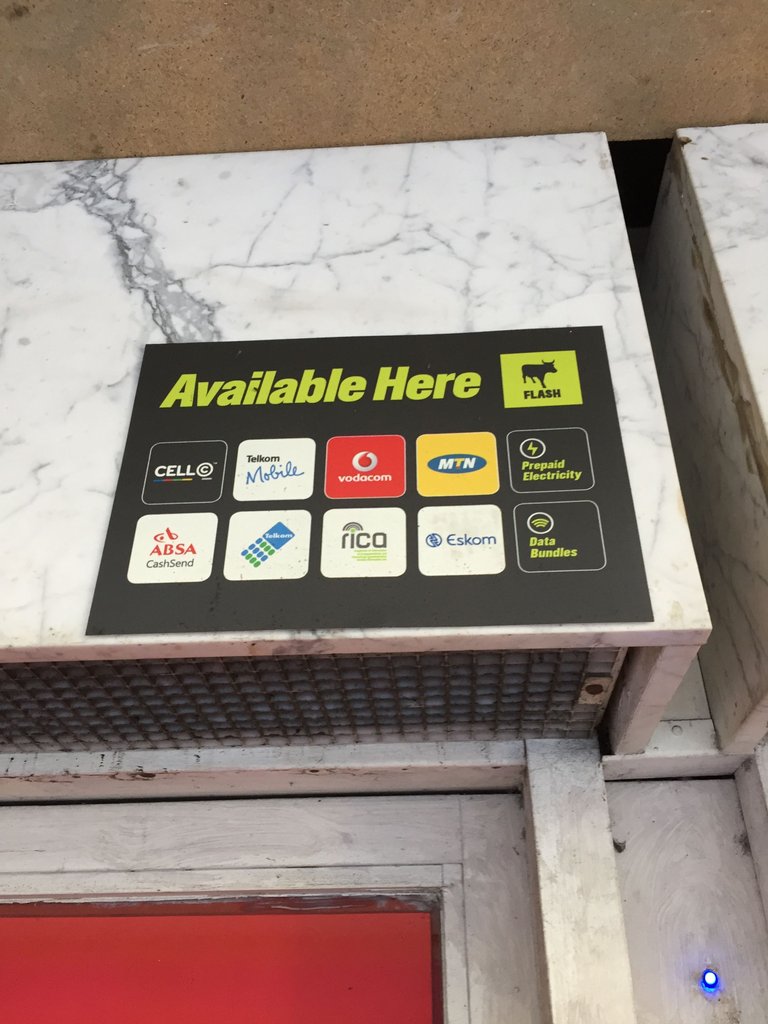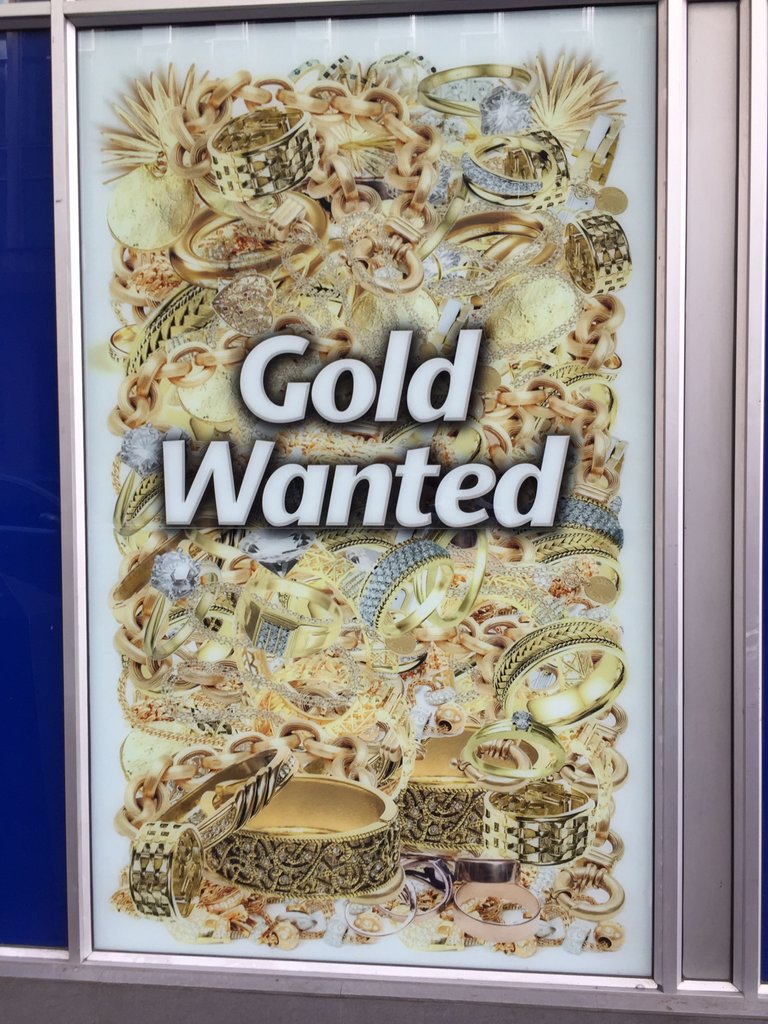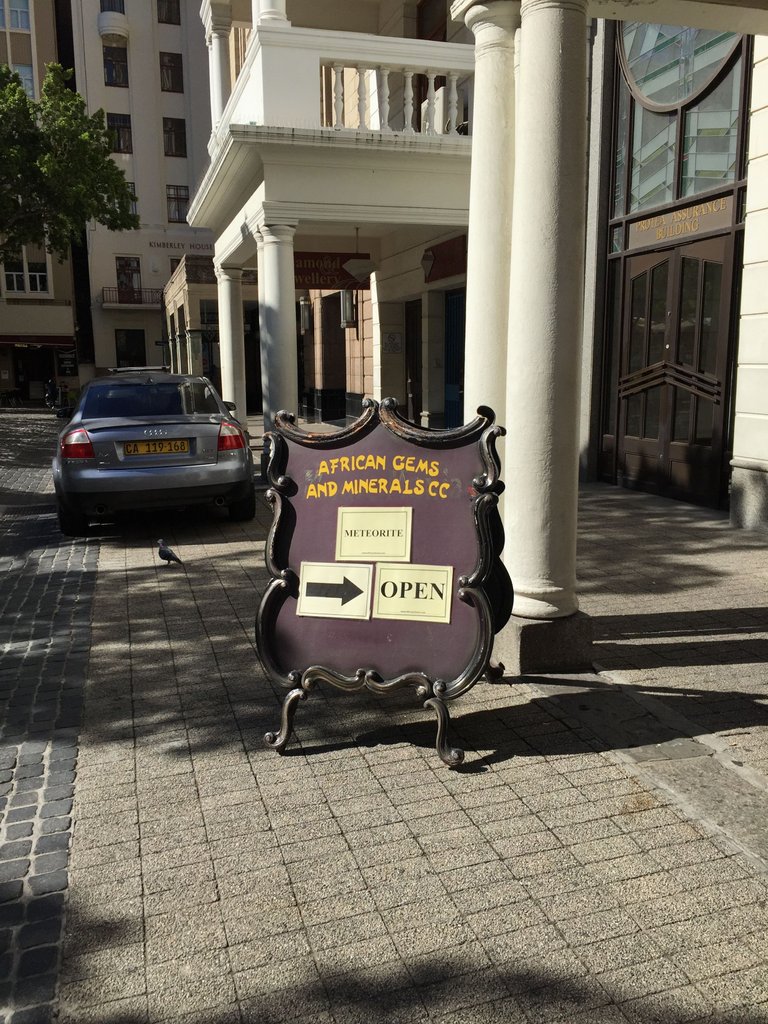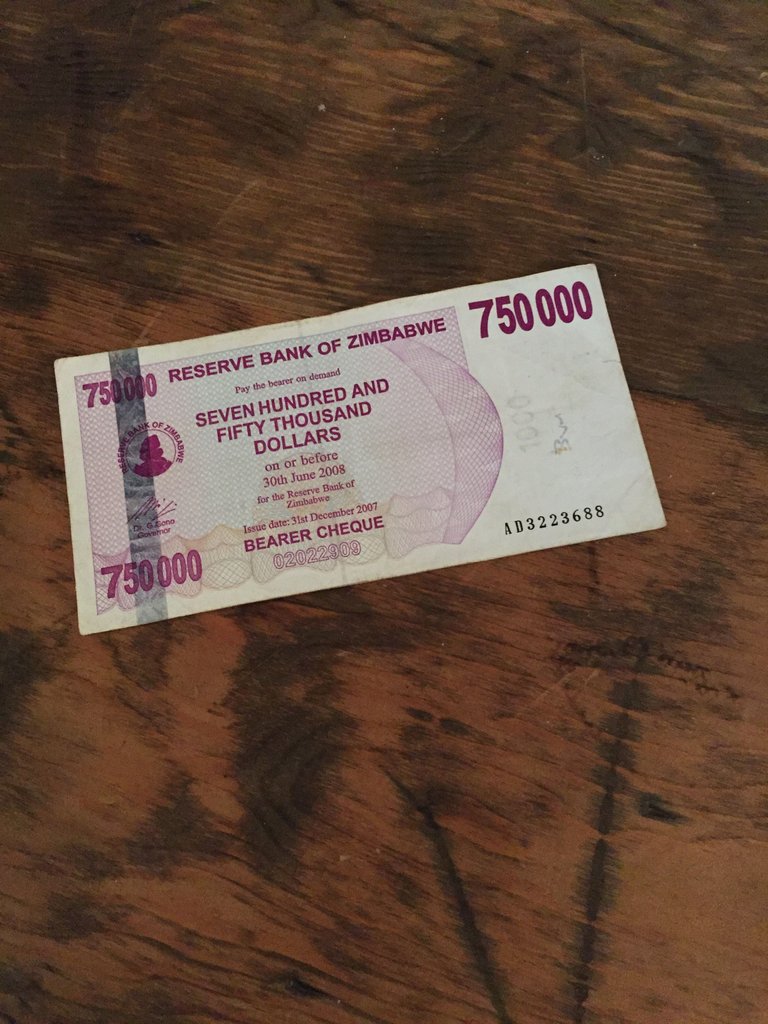Some notebook entries from Cape Town
City #1 for the Cryptocurrency Travel Diary
When researching the Cryptocurrency Travel Diary, I take a lot of notes (especially when interviewing people) and write out a lot of my thoughts. There's too much information to include in the monthly article. Here's a few pictures and thoughts from my notebook last month while in Cape Town, South Africa. It's a kind of 'inside baseball' on what's going through my head as I discover the people who are using cryptocurrencies, tokens and blockchain worldwide this year.
The quote below jumped out at me when I found it. It's from another Cape Town travel diary - though one written by William Burchell in 1811. It seemed relevant given how much thinking I’ve been doing while in Cape Town about crypto-currencies, their various uses and their perceived source of value. How much has really changed over the last two hundred years?
The only money in general circulation, is small countersigned pieces of paper, bearing value from the trifling sum of one schelling. or six pence currency, upwards to five hundred rix-dollars each. The only current coin are English penny-pieces, which here pass for the value of two pence, and are called dubbeltjes. Spanish dollars are used in Cape Town, rather as bullion than as coin; their value varying according to the rate of exchange. Accounts are kept in rix dollars, schellings and stivers; although the value of estates and possessions is often rated in guilders, three of which make a rix-dollar. Six stivers are equal to one schelling, and eight schellings to one rix-dollar or four shillings currency; but the value of this currency is excessively reduced by the rate of exchange, which in 1810, was 33% in favour of England, and has since that time gradually risen to above 120%.
William Burchell, 1811 writing on his time in Cape Town
Travels in the interior of South Africa, vol one, page 78-79 http://www.tokencoins.com/book/d.htm#burchell
On paper money, inflation and exchange rates
South Africa now has its own paper money and coins, rather than English penny-pieces with inflated value. Inflation has not been a major issue in South Africa over the past decade though the exchange rate of the rand has fluctuated at times due partly to political tensions related to the Zuma government. This was in stark contrast to happenings across the border, in neighbouring Zimbabwe, where their fiat currency went through a nasty bout of hyper-inflation over the past decade. With a short explanation, Zimbabweans who I’ve met quickly ‘get’ Bitcoin - even if they’ve never heard of it before...
- Inflation in South Africa: https://www.bloomberg.com/news/articles/2018-01-24/s-africa-core-inflation-rate-drops-to-six-year-low-in-december
- The history of the South African Rand on Wikipedia: https://en.wikipedia.org/wiki/South_African_rand
- The Zimbabwean dollar on Wikipedia: https://en.wikipedia.org/wiki/Zimbabwean_dollar

On digital payments
In addition to coins and notes, there’s also an overwhelming number of digital ways in which to transmit value from one person to another. On most street corners one can purchase credit for an array of different mobile phone services. Many of these credits can then be sent to other people so they may use them to pay for goods or services. I suspect the ubiquity, availability and convenience of these means of exchange are a small part of the reason that crypto-currencies aren’t used widely for payments.

On common stores of value, precious metals and gems
Common stores of value are still as ubiquitous in Cape Town today as Spanish dollars were in 1811. In downtown Cape Town there are people who spend the day wandering around with boards on their shoulders offering to barter gold for whatever someone may wish to pawn. Diamond stores can be found adjacent to the gold vendors. So much a part of the economic history is intertwined with precious metals that there is a Museum of Rare Gems and a Diamond Museum. Some unusual stores of value can also be found – such as this store selling pieces of meteorites to tourists.

On intangible, mobile stores of value and wealth
I wonder if the store of value use case for crypto-currencies with a capped total supply will hold in the land of the Krugerrand? People here have successfully used gold as a tangible, widely accepted and stable store of value for centuries. Why make the switch now? A major reason might relate to the intangibility – and thus mobility – that crypto-currencies might offer. People were not allowed to export Krugerrands during Apartheid – though some people would still smuggle them out (with difficulty). The same issues do not apply to crypto-currencies unless internet transactions can be throttled/filtered or if exchanges were to be cordoned-off from the rest of the world.
- The Krugerrand entry on Wikipedia: https://en.wikipedia.org/wiki/Krugerrand

have you heard of SMOKE Coin?
not as of yet. is it like pot coin but named differently?
Good article.In most street corners one can purchase credit for an array of different mobile phone services. And use them to pay for goods or services.
Indeed. The digital, non-fiat monetary systems are already all around people. That means the conceptual leap to crypto-currencies is really quite small. A key issue in adoption will be making them more convenient and possibly cheaper to purchase and use.
hopefully the USA will start implementing such systems soon.
bitcoin and other cryptos liberate!
Congratulations @bendean! You have completed some achievement on Steemit and have been rewarded with new badge(s) :
Click on any badge to view your own Board of Honor on SteemitBoard.
For more information about SteemitBoard, click here
If you no longer want to receive notifications, reply to this comment with the word
STOP